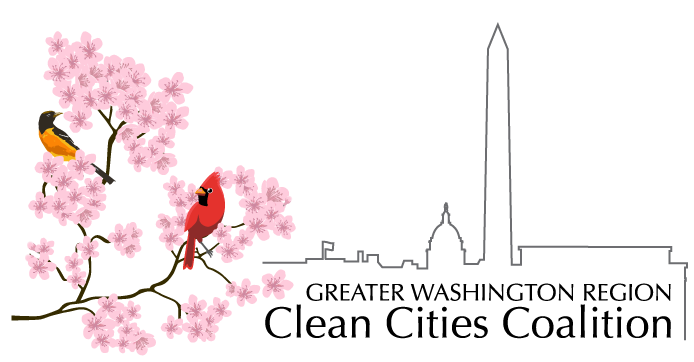
Sign the EMPOWER Pledge: Revolutionize Workplace Charging for a Greener Tomorrow
Welcome to EMPOWER, a program pioneering nationwide workplace Electric Vehicle (EV) charging in the United States. GWRCCC is on a mission to make EV charging accessible and convenient for everyone.
All pledge signees will receive $250 within 3 months of signing the pledge to go toward an EV charger
About EMPOWER
GWRCCC, partnered with the EMPOWER Workplace Charging Program, is designed to help EMPOWER diverse employers to provide workplace EV charging for their employees – giving them the freedom to charge up while at the office.
EV sales have grown 40% since 2016, but charging infrastructure lags behind. We’re installing workplace EV chargers in D.C., Maryland, and Northern Virginia, aiming for 650 workplaces with 3,500 charging ports by 2025.
Pledge to Join EMPOWER
By signing the EMPOWER Program pledge, your business or organization pledges to try to provide resources and guidance to ensure EV charging is accessible to all communities in the DC, Maryland, Virginia region. Join us in promoting sustainability for employees in the D.C., Maryland, and Virginia region.
We don’t need project specifics, just a commitment. By signing, you will try to install at least one EV charging station in the future.
EMPOWER is not funding charging installation, but GWRCCC can connect your business to funding opportunities and tax rebates and incentives. For more information please reach out to Durrell Jones and Darryl Barnes.
Our Vision
From 2022 to 2025, we’re reaching out to 2,000 workplaces. EMPOWER simplifies the transition to EVs by bringing chargers to where people work. We’re making EVs truly accessible, especially for those without home chargers.
Equity and Inclusivity
One of EMPOWER’s central objectives is to allocate 40% of EVSE installations to workplaces with historically underserved demographics. This includes women or minority-owned businesses, workplaces with predominantly minority workforces, or those located in rural, formerly redlined, low-income, or environmentally challenged areas.
